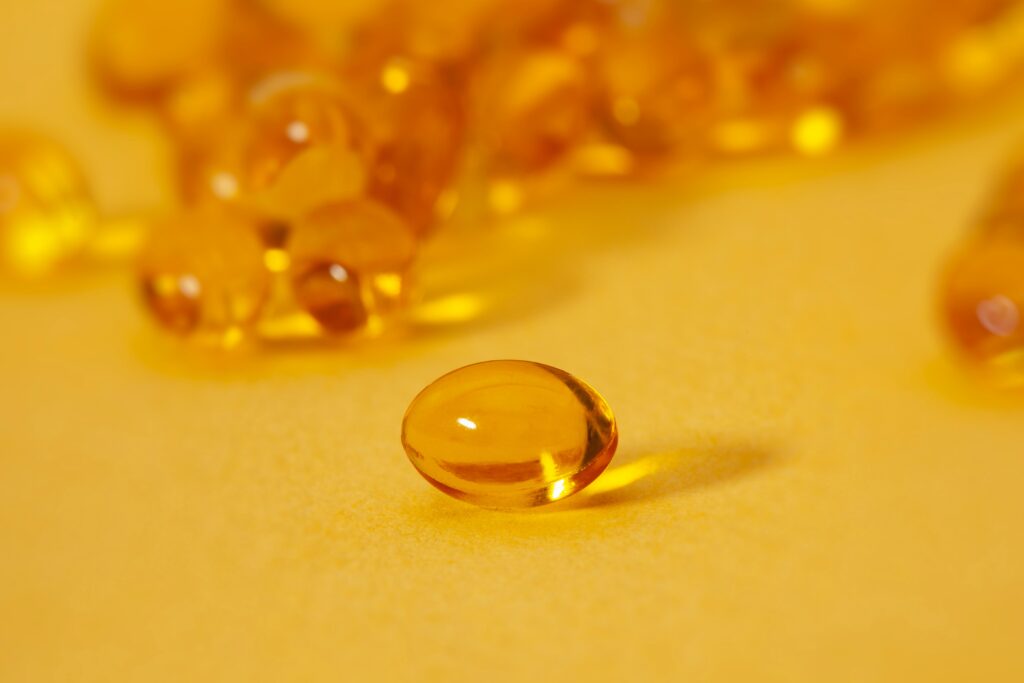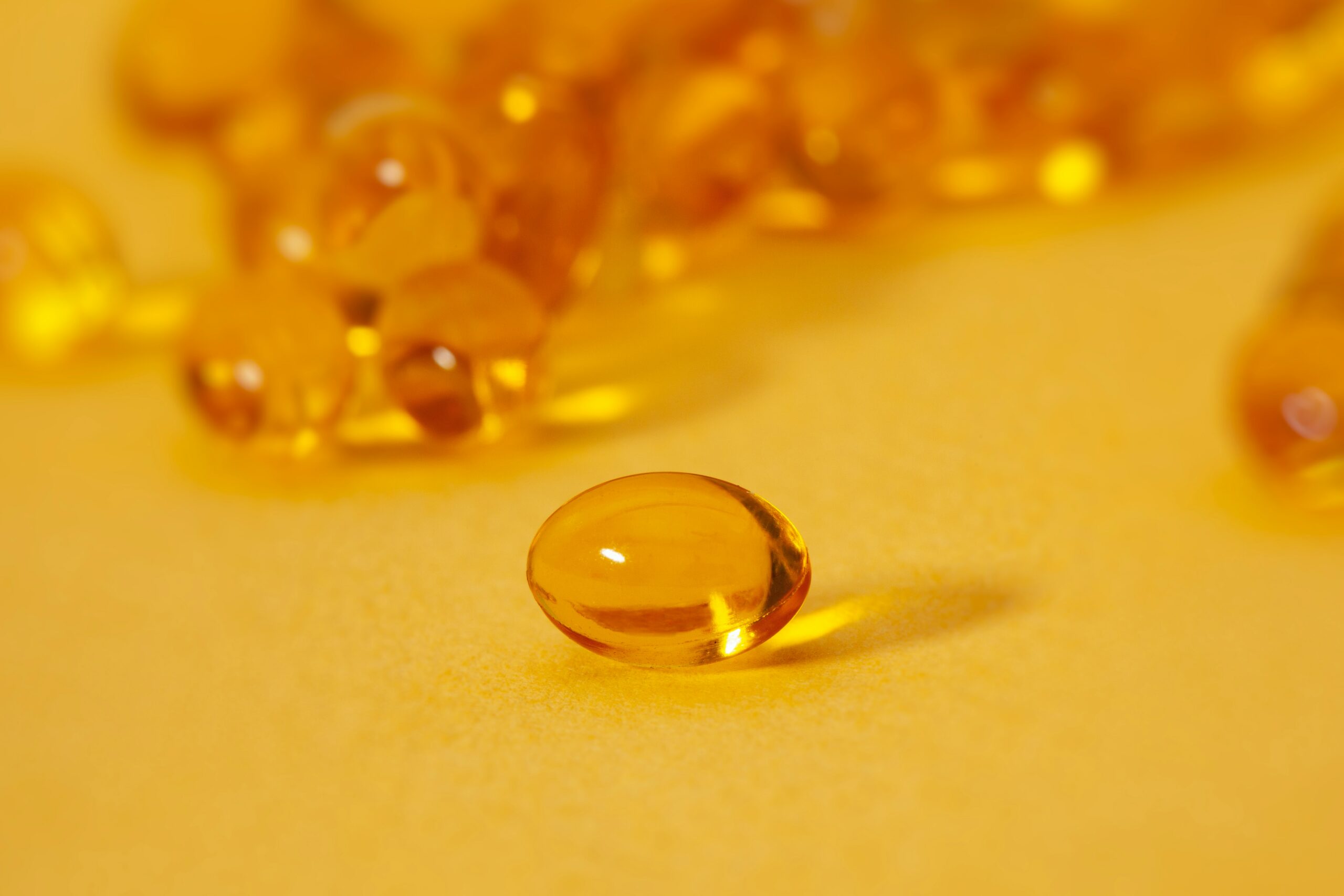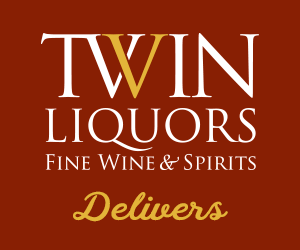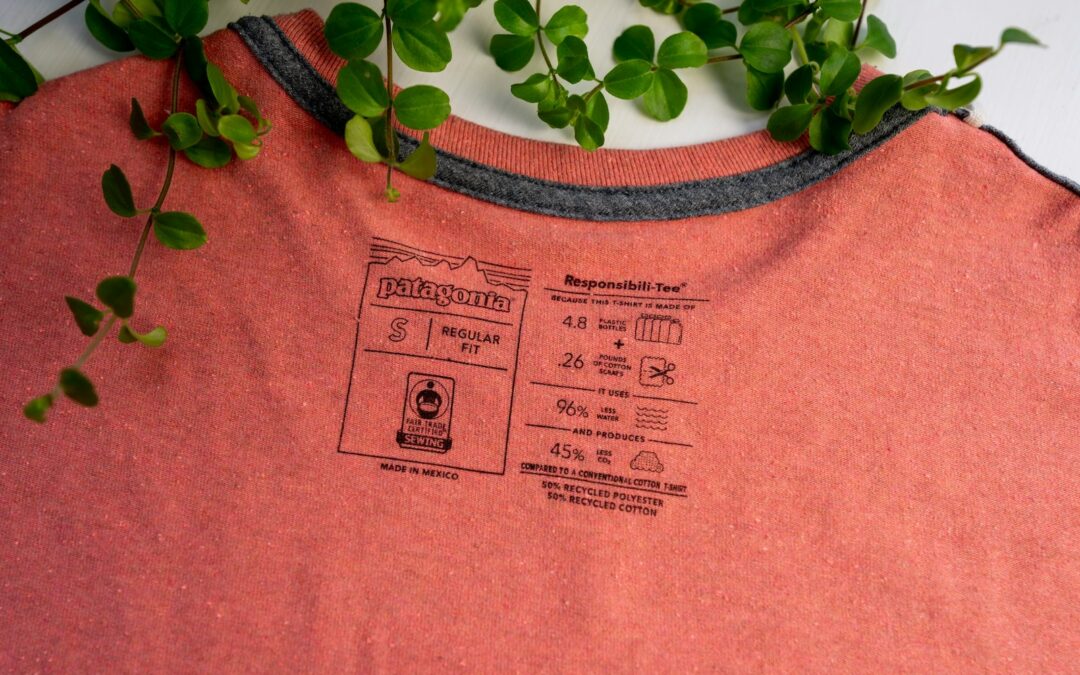
Uncovering Vegan Sources and Effective Supplements
Vitamin B12, an essential nutrient for red blood cell formation, nerve function, and DNA synthesis, has often been a point of concern for individuals following a vegan diet. While it’s commonly known that B12 is primarily found in animal products, vegans can maintain adequate levels through careful dietary planning and supplementation. Scientific studies and nutritional experts highlight the importance of this vitamin, emphasizing that a deficiency in B12 can lead to serious health issues, including extreme tiredness, muscle weakness, and cognitive problems.
Vegetarian and vegan health advocates encourage the incorporation of vitamin B12-rich foods that cater to plant-based diets. This includes fortified foods such as certain plant milks, soy products, and breakfast cereals, which can all be reliable sources of B12. Furthermore, vegan B12 supplements are readily available and are recommended for those who might not consume enough fortified foods to meet their daily B12 requirements.
Understanding the truth about B12 and how vegans can ensure they are getting enough of this crucial vitamin is key to a healthy and balanced vegan lifestyle. Highlighting the significance of awareness and proper intake, this article aims to demystify how vegans can effectively source vitamin B12, maintain their health, and thrive on a plant-based diet.
Understanding B12 and Its Importance
Vitamin B12 is a crucial nutrient vital for maintaining various bodily functions, including the production of red blood cells and DNA synthesis. Its role extends beyond these basic functions, impacting overall health and energy levels.
What Is Vitamin B12?
Vitamin B12, also known as cobalamin, is a water-soluble vitamin that is involved in the metabolism of every cell in the human body. There are several forms of B12, including methylcobalamin, adenosylcobalamin, and hydroxocobalamin. Unlike many other vitamins, B12 is not typically available from plants or sunlight, making it a nutrient of concern for those on plant-based diets. Animal products are the most common sources of B12, derived naturally from bacteria.
The Role of B12 in the Body
The body relies on vitamin B12 for multiple functions:
- Red Blood Cell Formation: B12 plays a critical role in the development of red blood cells.
- Neurological Function: It is essential for maintaining a healthy nervous system and the proper functioning of nerve cells.
- DNA Synthesis: The vitamin is involved in DNA production, affecting cell division and replication.
- Energy Metabolism: B12 helps convert carbohydrates into glucose, which leads to energy production and a decrease in fatigue and lethargy.
- Homocysteine Levels: Proper B12 levels regulate homocysteine, an amino acid associated with heart disease when elevated.
Signs of B12 Deficiency
A deficiency in vitamin B12 can present a variety of symptoms, often related to anemia or nervous system issues:
- Fatigue: One of the most common symptoms of B12 deficiency is an overwhelming tiredness.
- Weakness: Individuals may experience overall muscle weakness and a lack of energy.
- Tingling: Numbness or a tingling sensation in the extremities can be a sign of nerve damage due to insufficient B12 levels.
- Cognitive Issues: A B12 shortage may lead to problems with concentration, memory, and overall mental clarity.
Proper absorption of B12 requires an adequate level of intrinsic factor, a protein produced in the stomach. Without intrinsic factor, B12 cannot be effectively absorbed, leading to potential health concerns. Therefore, understanding the importance of vitamin B12 and recognizing the signs of deficiency are essential for maintaining long-term health and wellbeing.
Vegan Sources of B12
In a vegan diet, ensuring adequate Vitamin B12 intake is crucial because B12 is not naturally found in appreciable amounts in plant foods. Vegans must rely on two primary sources: fortified foods and B12 supplements.
Plant-based Sources of B12
Strictly speaking, plants do not produce Vitamin B12, and any B12 present in plant-based foods is the result of bacterial action or contamination. Historically, plants pulled from the ground with soil might have contained trace amounts of B12 due to the presence of B12-producing bacteria in the soil, but hygiene practices ensure that most vegetables are free of soil and thus the vitamin. While some plant-based products like spirulina claim to have B12, it is often in the form of analogs that are not useful to the body and might actually interfere with normal B12 function and metabolism.
Fortified Foods and Nutrition
Fortified foods are the most reliable source of B12 for vegans. These include:
- Cereals: Many breakfast cereals are fortified with B12, providing a quick and easy way to obtain B12.
- Nutritional Yeast: Often used for its cheesy flavor, nutritional yeast frequently has B12 added to it.
- Plant Milks: Soy, almond, and other plant milks can be fortified with B12, making them a convenient addition to the vegan diet.
- Meat Substitutes: Some meat substitutes, like certain brands of tempeh, are B12-fortified.
Choosing B12-fortified foods is a straightforward way for vegans to ensure they meet their nutritional needs. Cyanocobalamin is a common form of B12 used in fortification because of its stability and affordability. However, checking labels is essential as not all vegan foods are fortified with B12. Regular consumption of fortified foods is key for those following a vegan or vegetarian diet to maintain adequate B12 levels.
Supplementing B12 as a Vegan
For vegans, maintaining adequate levels of Vitamin B12 is crucial, and supplements are often necessary. This is because B12 is primarily found in animal products, and plant-based sources are limited. The following subsections will guide readers through the types of B12 supplements available, advice on choosing the right one, and how to understand supplement labels.
Types of B12 Supplements
There are a few different forms of B12 supplements suitable for vegans. Cyanocobalamin and methylcobalamin are the most common types. Cyanocobalamin is a synthetic form that the body can convert into active B12, while methylcobalamin is a natural form that is ready for the body to use. Supplements come in various forms: tablets, sublingual lozenges that dissolve under the tongue, injections, and multivitamins that include B12 among other nutrients. Some yeast products like Marmite are also fortified with B12.
How to Choose the Right Supplement
When choosing a B12 supplement, it’s important to look for one that’s labeled suitable for vegans. Dosage is another factor; the amount of B12 recommended can vary based on age, dietary restrictions, and health conditions. Generally, supplements range from 50 to 1,000 micrograms. It’s recommended for vegans to discuss their B12 needs with a doctor to determine the right dosage.
Understanding B12 Supplement Labels
It’s critical to read the labels carefully. The label should indicate the form of B12, the dosage per serving, and whether the product is certified vegan. Additionally, some labels highlight if the supplement also contains other nutrients such as iron, which can be beneficial for vegans. Another feature to look for is whether the product is a sublingual form, which may offer better absorption for some individuals. The label also typically provides recommended usage instructions and storage information.
Health Considerations and Monitoring
When considering a vegan diet or assessing current intake, it is essential to understand the importance of Vitamin B12, its role in health, and how to ensure proper levels are maintained.
Medical Advice and Blood Tests
Healthcare professionals often recommend regular blood tests to monitor Vitamin B12 levels, especially for vegans who are at a higher risk of deficiency. These tests can measure B12, methylmalonic acid (MMA), and homocysteine levels, which together can provide a clearer picture of B12 status in the body. Elevated levels of MMA and homocysteine may suggest a deficiency even when B12 levels appear normal. Medical advice is particularly important for groups at risk of B12-related health issues, including pregnant women, breastfeeding mothers, and infants, as deficiency can lead to serious neurological changes and anemia.
Managing B12 and Overall Diet
To ensure adequate B12 intake, vegans should include fortified foods or supplements containing B12 in their diet. The Vegan Society recommends supplements or fortified foods for reliable sources of B12. These may contain the active forms of B12, typically cyanocobalamin or methylcobalamin. Balanced vegan diets can also reduce the risk of iron deficiency anemia, and including a source of Vitamin C with meals can aid iron absorption. Monitoring and managing the intake of nutrients like folate, protein, and calcium—and avoiding processed vegan foods high in fat and sugar—can further support good health.
Regular dietary assessments can help prevent common deficiency symptoms such as fatigue, weakness, loss of appetite, and depression. More serious health concerns like heart disease, stroke, and neural tube defects in infants highlight the critical role of B12 in the diet. For vegans, particularly those experiencing gastrointestinal disorders such as atrophic gastritis or those who use proton pump inhibitors, it’s important to work closely with a healthcare professional to ensure proper B12 absorption and to address any possible folate or Vitamin B6 deficiencies.







